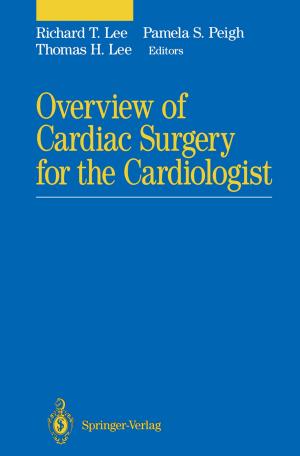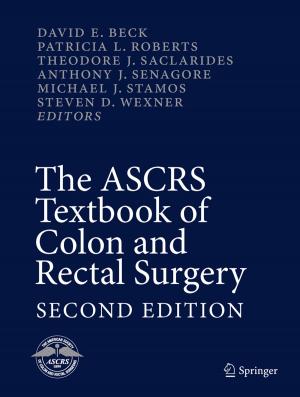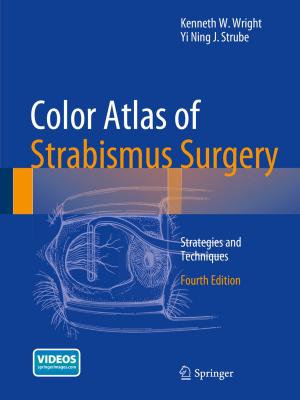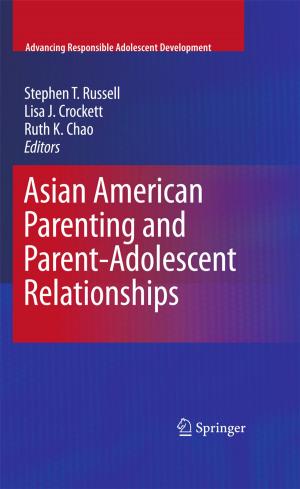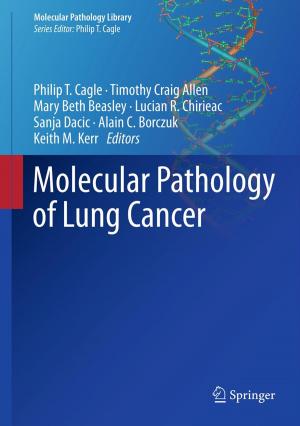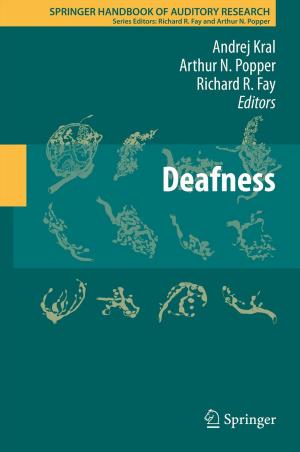Psychological Aspects of Rheumatoid Arthritis
Nonfiction, Health & Well Being, Medical, Specialties, Rheumatology, Psychology| Author: | Mary L. Pritchard | ISBN: | 9781461396666 |
| Publisher: | Springer New York | Publication: | December 6, 2012 |
| Imprint: | Springer | Language: | English |
| Author: | Mary L. Pritchard |
| ISBN: | 9781461396666 |
| Publisher: | Springer New York |
| Publication: | December 6, 2012 |
| Imprint: | Springer |
| Language: | English |
The main research described in this book is concerned with assessing the interrelationship of psychological adjustment, compliance with medical advice and use of unorthodox treatments in a sample of rheumatoid arthritic out-patients. Basically this research is comprised of four components: two pilot studies; the development and postal administration of an illness knowledge assessment questionnaire; and a 'follow-up' correlational study. pilot study 1, which involved interviews with 18 patients, was a 'question seeking' study - the aim being to develop research questions of relevance to the Subject sample. The findings of this study suggested that poor illness knowledge and consequent misconceptions was contributing to psychological distress and affecting health behaviour among patients. In pilot study 2 a sample of 17 patients were questioned in detail - but using open-ended questions - about their understanding of their condition and treatment. The results of this study supported the impression gained in pilot study 1, that patients were typically ill-informed about their illness and tended, in the absence of correct information, to overestimate "the risks associated with rheumatoid arthritis and underestimate the value of treatments.
The main research described in this book is concerned with assessing the interrelationship of psychological adjustment, compliance with medical advice and use of unorthodox treatments in a sample of rheumatoid arthritic out-patients. Basically this research is comprised of four components: two pilot studies; the development and postal administration of an illness knowledge assessment questionnaire; and a 'follow-up' correlational study. pilot study 1, which involved interviews with 18 patients, was a 'question seeking' study - the aim being to develop research questions of relevance to the Subject sample. The findings of this study suggested that poor illness knowledge and consequent misconceptions was contributing to psychological distress and affecting health behaviour among patients. In pilot study 2 a sample of 17 patients were questioned in detail - but using open-ended questions - about their understanding of their condition and treatment. The results of this study supported the impression gained in pilot study 1, that patients were typically ill-informed about their illness and tended, in the absence of correct information, to overestimate "the risks associated with rheumatoid arthritis and underestimate the value of treatments.


